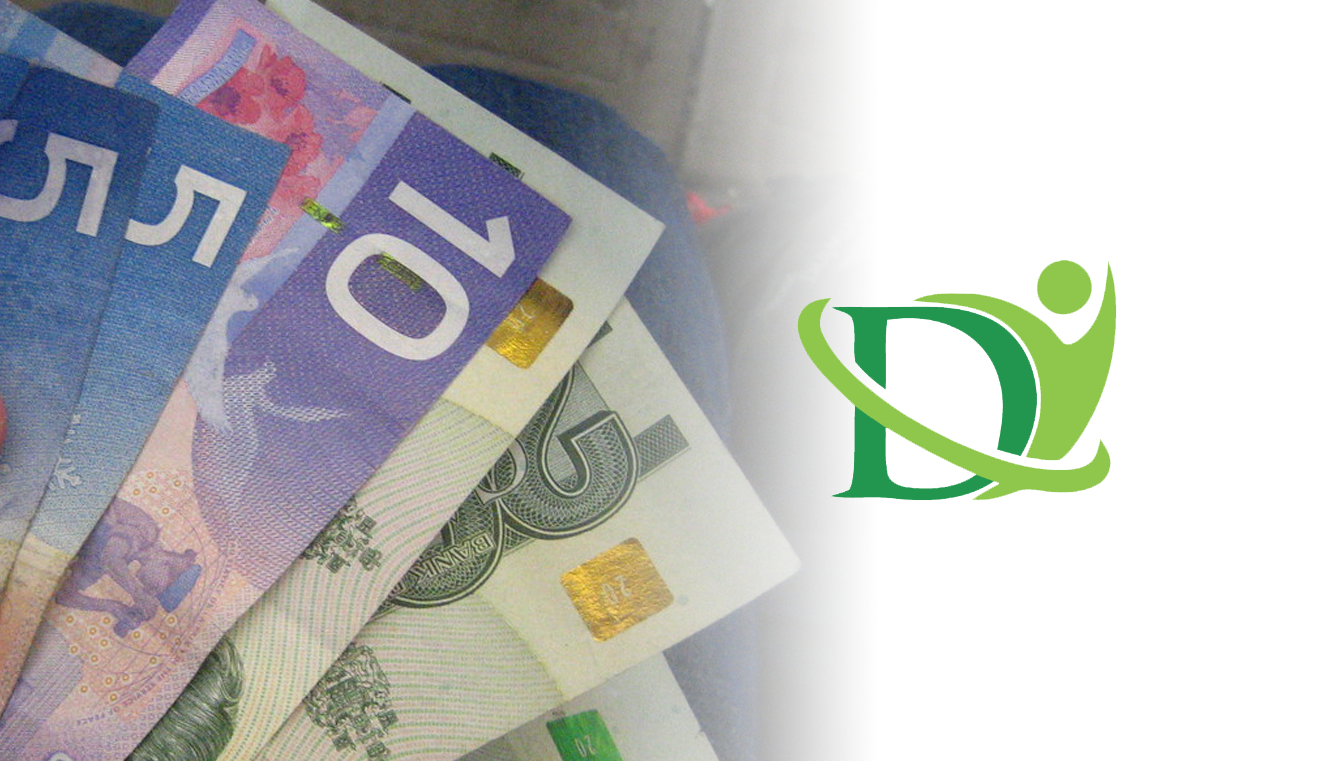
Our Guide to Creating a Successful Budget – 7 Elements to Know
November 29, 2019
How to Cultivate Money Budgeting Habits in Teenagers
December 16, 2019When you want to create a debt pay-off plan successfully, you need proper discernment and commitment to pull it off rightfully. You do not want to wait for the penalty charges that will increase your accumulated interest payments before you wake you up to reality. Even before you get into a tangled mess, you should establish a debt pay-off plan that is easily manageable and cost-effective.
If you are striving to finish paying off your debts, here are four tips on how to create a debt pay-off plan and stick with it:
1. Set realistic goals
First, you need to realize your true state in terms of your current financial situation. Will you be able to pay off the debt within the time you estimated with your current job or passive income?
Examine your situation from a broader perspective and look ahead in the future. Try to foresee some of your other daily expenses and overhead costs and spread out as many details as possible. After that, you can try to estimate how much you can set aside per month to allot to your debt. When you are realistic with your goals, they will be more achievable, making it easier for you to create a habit from it.
2. Commit to your pay-off plan in writing
Your debt pay-off plan will require a serious commitment on your side. Because of this, it will help if you can write your plan down to give you a reality check of what you need to do every month. Don’t rely on your memory to remember all the details of the plan. Take note that you need to write down the exact amount of the debt, and also the due date and its minimum payment.
If you underwent a restructuring of your loan, you need to update your information to keep up with your schedule. Keep in mind that although these details seem less essential, it is still important that you write them down because it is easy to forget the tiny details. The consequences will not serve you well also since it will incur additional payments even after missing only one day of payment.
3. Exceed payment whenever possible
There are times in a year when you may receive an unexpected gift, inheritance, or you get an early end-of-year bonus. Whenever this happens, take this as an opportunity to pay a little extra to decrease your debt amount. It does not mean that you cannot enjoy even a bit of your money, but it will do wonders if you can exceed payment occasionally. It will give you less trouble in the long run by shortening the time it will take to pay off the loan completely.
Conclusion
Although debt can sometimes be necessary, especially if you have a business or investing in your children’s education, it can get very tough. Instead of feeling discouraged, treat the situation as a challenge to do better, and produce more income. With the tips given above, you now know how to create a debt pay off plan to help you reduce your debt systematically. Remember, on top of having a plan, you need to be committed and willing to push through with the plan for it to be successful.
If you are looking to learn more about debt relief solutions, get in touch with us to see how we can help.
